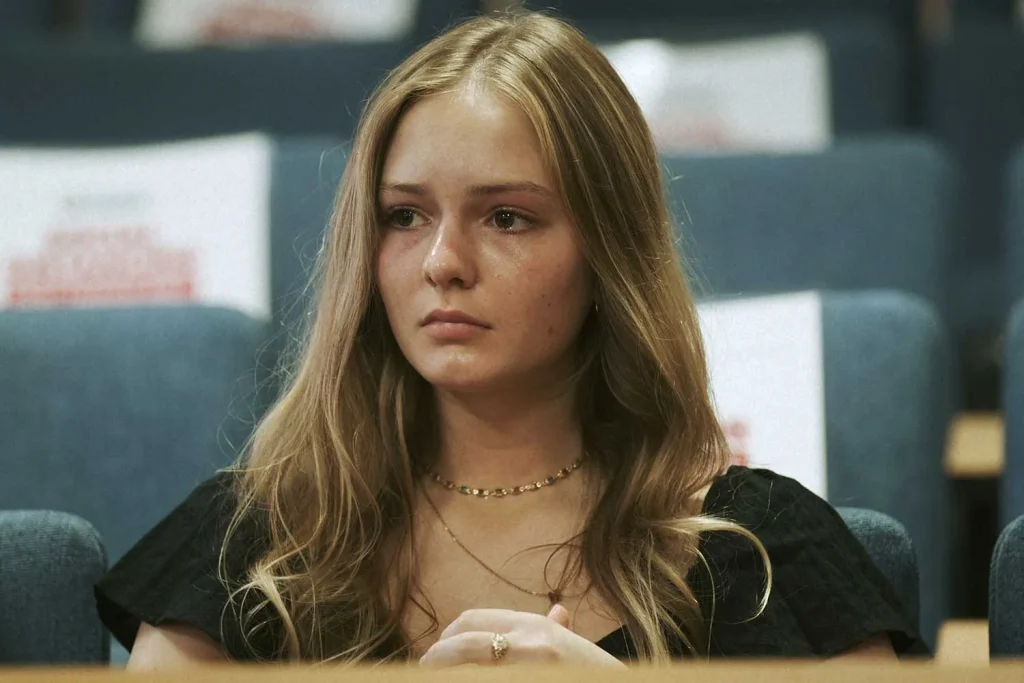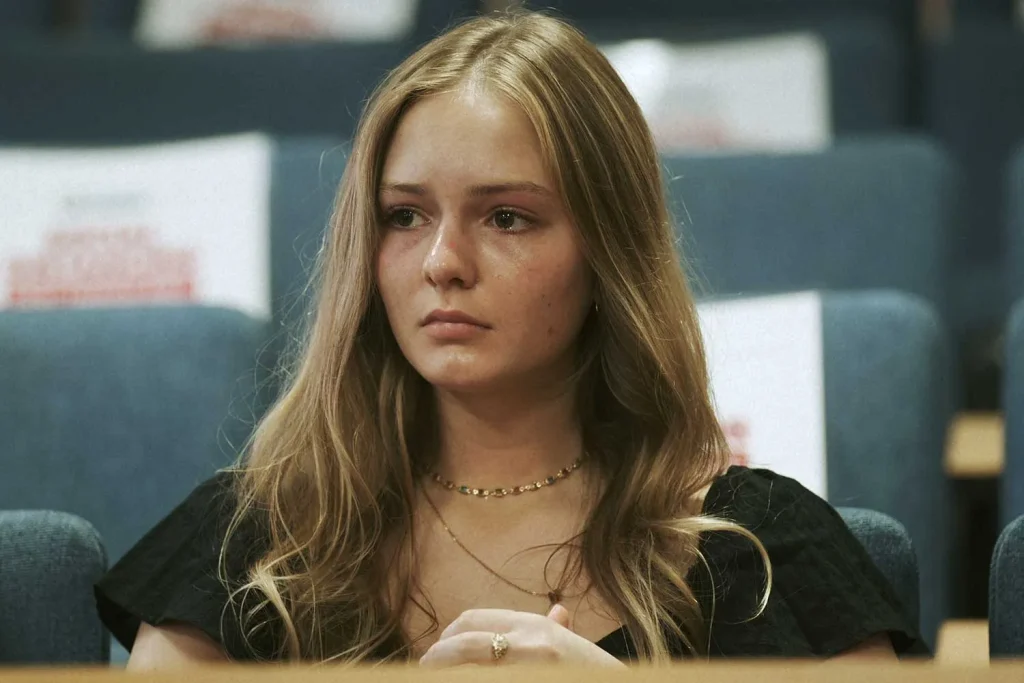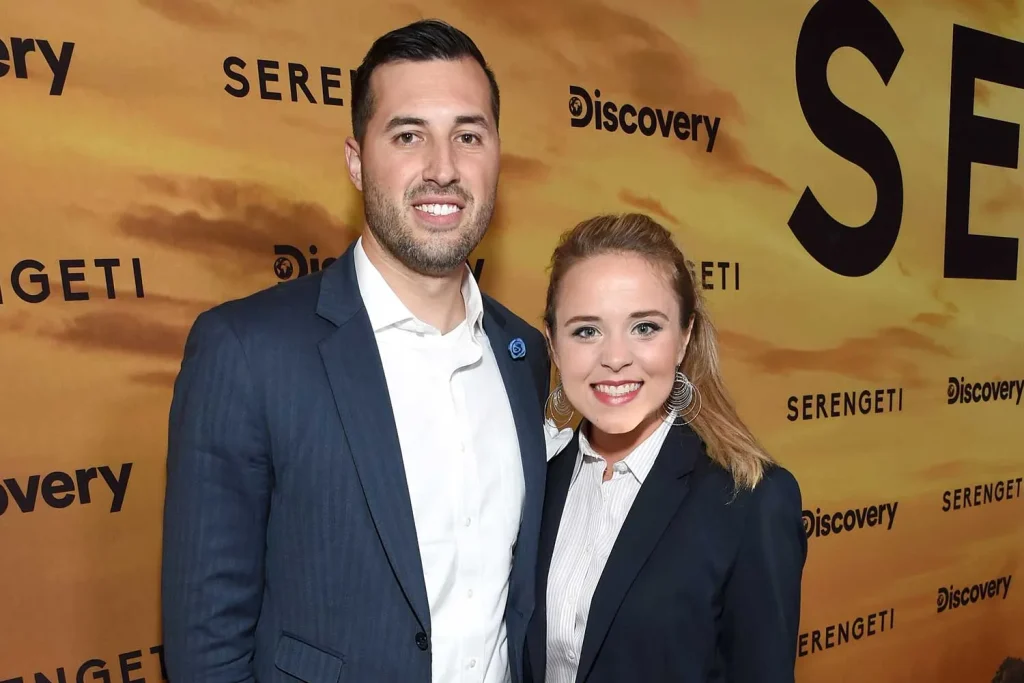Hospital at Center of Take Care of Maya Munchausen Allegation Won’t Have to Pay Family After Mother’s Suicide
In a heartbreaking turn of events, the Florida hospital at the center of the Take Care of Maya documentary has been relieved of paying millions in damages to the family of Maya Kowalski, the young girl whose story captured national attention. A Florida appellate court overturned the earlier ruling, sparking renewed debate about accountability, patient rights, and the lasting pain caused by institutional decisions.

Maya Kowalski’s story first came to light through Netflix’s 2023 documentary Take Care of Maya, which chronicled how a medical and legal nightmare tore apart a family. When Maya was just ten years old, she began experiencing excruciating pain due to a rare condition called Complex Regional Pain Syndrome (CRPS). Her mother, Beata Kowalski, fought tirelessly to get her daughter the care she needed, including controversial ketamine treatments. But what began as a desperate search for relief soon escalated into tragedy.
In 2016, Maya was admitted to Johns Hopkins All Children’s Hospital in St. Petersburg, Florida. Medical staff, unfamiliar with CRPS, suspected Beata was exaggerating or even fabricating her daughter’s illness — a form of abuse known as Munchausen syndrome by proxy. Acting on these suspicions, the hospital contacted child welfare authorities, and Maya was placed under state custody. She was separated from her mother for more than three months, and during that time, Beata’s mental health deteriorated under the weight of accusations and isolation.
In January 2017, Beata Kowalski died by suicide, leaving behind a note that said she could no longer bear being kept from her daughter. She maintained her innocence until the end, insisting that everything she did was to help Maya heal.
Years later, the Kowalski family filed a civil lawsuit against the hospital, claiming negligence and emotional distress that led to Beata’s death. A jury initially sided with the family, awarding them a substantial amount in damages. However, in the new ruling, Florida’s Second District Court of Appeal has now reversed that decision, stating that the hospital acted within its legal rights when reporting suspected abuse. The court argued that mandatory reporting laws protect medical institutions from liability when there’s reasonable suspicion of abuse, even if those suspicions turn out to be incorrect.
For the Kowalski family, the ruling feels like another painful blow. Maya, now a young adult, continues to live with the emotional and physical scars left by the ordeal. Her story — and her mother’s death — remain powerful symbols of how flawed systems can fail families in moments of vulnerability. “We just wanted accountability,” the family’s lawyer said following the decision. “No one can undo what happened to Beata, but we hoped for recognition that mistakes were made.”
Meanwhile, public opinion remains divided. Some believe the hospital was right to act cautiously, prioritizing Maya’s safety amid uncertainty. Others see the court’s reversal as a miscarriage of justice that minimizes the devastating human cost of institutional overreach. Across social media, viewers who watched Take Care of Maya expressed outrage, sadness, and frustration that the Kowalskis are once again left without closure.
The hospital released a brief statement expressing sympathy for the family but stood by its actions. “Our team followed the law and our duty to protect a minor,” the statement read. “We continue to extend our deepest condolences to the Kowalski family.”
The Take Care of Maya story continues to serve as a haunting reminder of how the intersection of medicine, law, and family can become a battleground of ethics and human suffering. For Maya, the legacy of her mother’s love — and the fight for justice — remains a driving force as she steps into adulthood.



